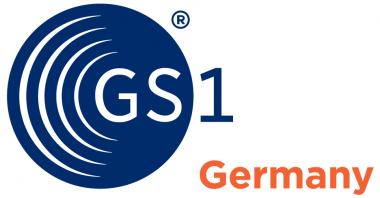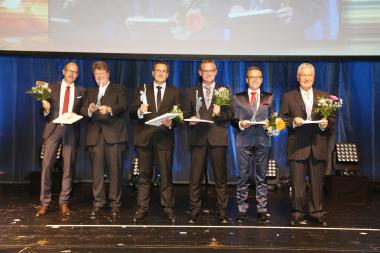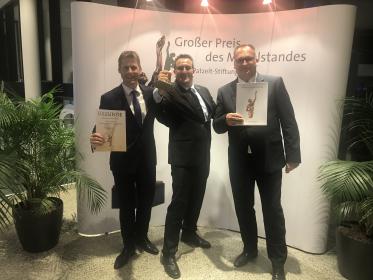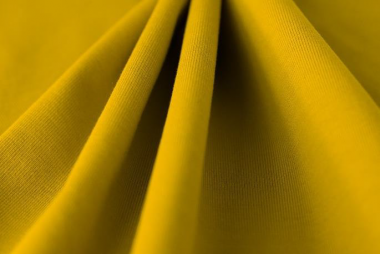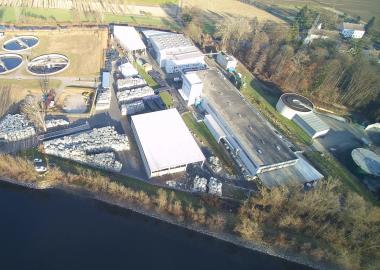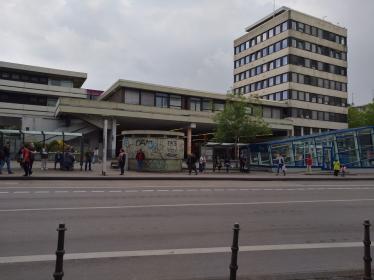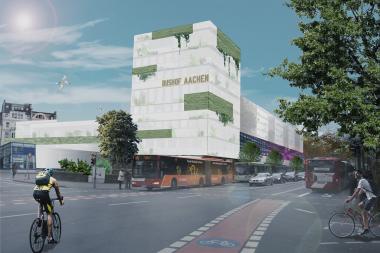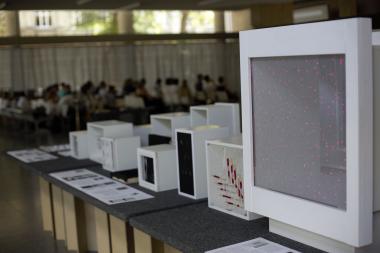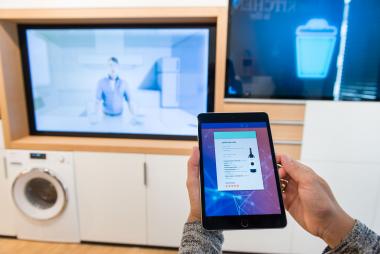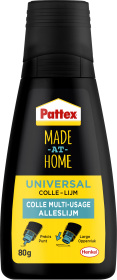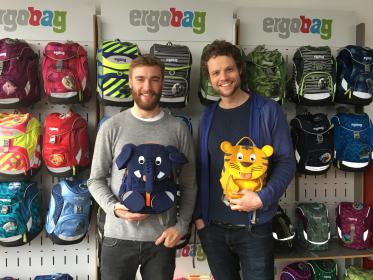GS1 Germany launcht Plattform für den Austausch von nachhaltigkeitsrelevanten Informationen
- Mit GS1 Ecotraxx können Lieferanten und Hersteller ihre Daten sammeln und allen ihren Kunden gleichzeitig zur Verfügung stellen.
Ist der Kakao für den Schokoriegel zertifiziert? Stammt das Holz für das Schreibheft aus nachhaltiger Landwirtschaft? Oder werden faire Arbeitspraktiken im Alltagsgeschäft umgesetzt? Diese Fragen sind nur ein kleiner Ausschnitt der ganzen Bandbreite an Kriterien für die Nachhaltigkeit von Produkten und Unternehmen. Verbraucher und Politik fordern von Herstellern und Händlern hier immer mehr Transparenz.
Unter dem Dach von GS1 Germany haben sich daher Unternehmen zusammengeschlossen und eine Plattform für den effizienten Austausch von Nachhaltigkeitsinformationen, die relevant für einen Nachhaltigkeitsbericht sind, entwickelt: GS1 Ecotraxx. Sie geht am 01. April 2019 an den Start. Den Auftakt machen Coca-Cola, Dr. Oetker, Edeka Südwest, Henkel, Lidl, Nestlé, Unilever sowie der Grüne Punkt.
Hersteller ebenso wie Händler können ihre Nachhaltigkeitsdaten in GS1 Ecotraxx hochladen und sie zentral ihren Geschäftspartnern für die weitere Nutzung zur Verfügung stellen, zum Beispiel für die Kommunikation im Nachhaltigkeitsbericht oder die Information von Verbrauchern.
Abgestimmte, gesetzeskonforme Nachhaltigkeitsinformationen über einen Zugang
Immer mehr Daten für immer mehr Produkte und Zielgruppen: Mit zunehmender ökologischer, sozialer und mitarbeiterorientierter Verantwortung in Wirtschaft und Gesellschaft steigt der Bedarf an entsprechenden Informationen über den Ursprung sowie die Produktion von Waren. Dieser Entwicklung hat die seit dem Geschäftsjahr 2017 gültige EU-Richtlinie 2014/95/EU Nachdruck verliehen. Sie weitet die Berichtspflicht der Unternehmen aus, die wiederum ihre Lieferanten mit einbeziehen müssen, um alle relevanten Informationen offenlegen zu können. Gleichzeitig spielen diese Informationen eine immer wichtigere Rolle für unternehmensinterne Entscheidungen und dienen damit als Hebel für die nachhaltige Entwicklung im Unternehmen. Das Erheben, Erfassen und Austauschen der Daten stellt alle Beteiligten der Supply Chain vor große Herausforderungen.
Die Plattform bildet gesetzliche Anforderungen ab und legt einheitliche Kriterien für die vorgehaltenen Daten zugrunde. Dabei betrachtet sie alle drei Säulen der Nachhaltigkeit, also ökologische, ökonomische und soziale Aspekte. So können die Nutzer sichergehen, nicht nur gesetzeskonform, sondern auch effizient zu agieren. Neben der nationalen wie internationalen Umsetzung liegt der Fokus nach dem Launch der Lösung auf dem Ausbau der bestehenden Kriterien: Es sollen weitere branchenspezifische Informationen hinzukommen. Dazu etabliert GS1 Germany einen Beirat, bestehend aus den Startunternehmen aus Handel und Industrie, der eine kontinuierliche Entwicklung vorantreibt.
Weitere Informationen zu GS1 Ecotraxx: www.gs1-germany.de/gs1-solutions/nachhaltigkeit/gs1-ecotraxx
Zugang zur Plattform GS1 Ecotraxx: https://gs1.wesustain-esm.com
GS1 Germany GmbH


